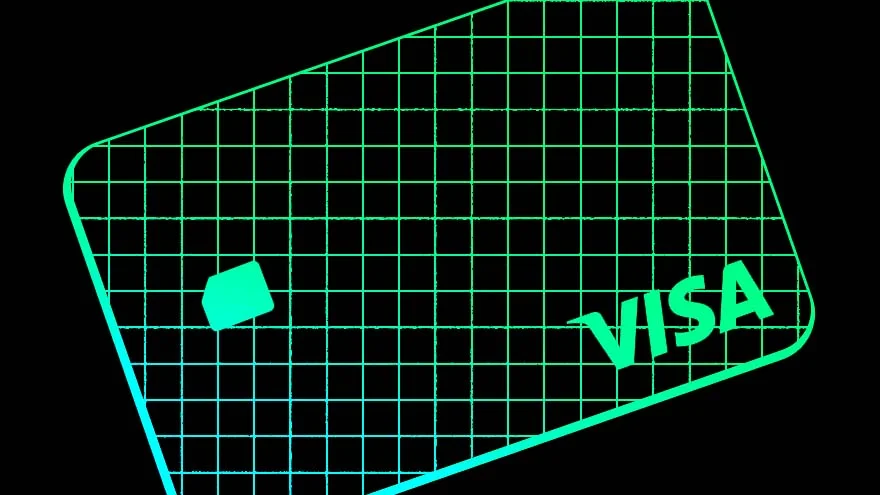Visa is experimenting with a solution that allows users to pay gas fees on Ethereum transactions with their Visa cards, using the ERC-4337 standard and the Paymaster smart contract.

Visa’s Solution for Gas Fee Payment Visa’s solution uses the ERC-4337 standard, which enables account abstraction on Ethereum, and the Paymaster smart contract, which allows third parties to pay for transactions on behalf of users.
The solution works as follows:
- The user initiates an Ethereum transaction through their wallet, which is sent to the Paymaster.
- The Paymaster communicates with a web service that calculates the gas fee and charges Visa using Cybersource, a payment service provider owned by Visa.
- The web service provides a digital signature that is temporarily validated and attached by the wallet before being sent to Ethereum.
- The Paymaster verifies the signature and covers the gas fee with ETH from its balance.
This process allows the user to directly pay gas fees with their Visa card off-chain, eliminating the need for users to hold ETH merely for paying fees.
According to Mustafa Bedawala, a product manager at Visa, this solution aims to address the challenge of managing Ether balances to cover gas fees, which can be complex and inconvenient for users.
Visa has tested this concept on the Ethereum Goerli testnet, using open-source tools like Stackup’s userop.js library. The test transactions successfully covered fees through the Paymaster without requiring ETH from the user.
Visa’s Potential Impact on Crypto Users and Merchants Visa’s solution has the potential to reduce friction for blockchain users and increase the adoption of crypto wallets and applications.
By allowing users to pay gas fees with their Visa cards, Visa’s solution simplifies the user experience. Also, it removes a barrier to entry for new users who may not have ETH or know how to acquire it.
Additionally, Visa’s solution could also enable merchants or decentralized applications to use the Paymaster framework to improve customer interactions by facilitating gas fee payments using Visa cards.
This could create new use cases and revenue streams for merchants and developers who want to offer crypto-related services or products.
Visa’s solution is also part of its broader vision to support the growth and innovation of the crypto ecosystem.
Visa has been actively exploring and investing in various crypto projects and platforms, such as Crypto.com, Anchorage, BlockFi, Fold, and Zap.
